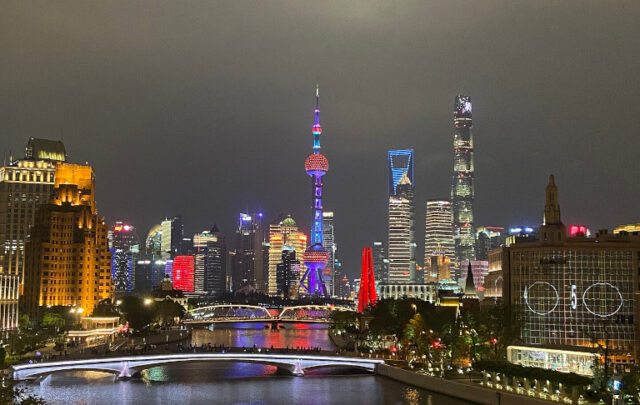The US fears that Saudi Arabia, the world’s largest crude oil exporter, may not have enough reserves to prevent oil prices escalating, confidential cables from its embassy in Riyadh show.
The cables, released by WikiLeaks, urge Washington to take seriously a warning from a senior Saudi government oil executive that the kingdom’s crude oil reserves may have been overstated by as much as 300bn barrels – nearly 40%.
The revelation comes as the oil price has soared in recent weeks to more than $100 a barrel on global demand and tensions in the Middle East. Many analysts expect that the Saudis and their Opec cartel partners would pump more oil if rising prices threatened to choke off demand.
However, Sadad al-Husseini, a geologist and former head of exploration at the Saudi oil monopoly Aramco, met the US consul general in Riyadh in November 2007 and told the US diplomat that Aramco’s 12.5m barrel-a-day capacity needed to keep a lid on prices could not be reached.
According to the cables, which date between 2007-09, Husseini said Saudi Arabia might reach an output of 12m barrels a day in 10 years but before then – possibly as early as 2012 – global oil production would have hit its highest point. This crunch point is known as “peak oil”.
[Update]
Leanan at The Oil Drum has some more background:
The “senior Saudi government oil executive” in question is Dr. Sadad Ibrahim al-Husseini, a familiar name to those following the peak oil issue. He has been speaking about oil depletion since at least 2002. In 2005, he warned of a looming oil shortage in a feature article by Peter Maass in the NY Times. Dr. al-Husseini’s views on Saudi reserves and production are not a surprise. However, it is interesting that at least some in the U.S. government believed he might be right, and that the information was considered sensitive enough to be classified.
The Guardian has the text of the Sadad al-Husseini cable, and some other related Wikileaks cables.
US embassy cables: Saudi oil company oversold ability to increase production, embassy told (December 2007)
According to al-Husseini, the crux of the issue is twofold. First, it is possible that Saudi reserves are not as bountiful as sometimes described and the timeline for their production not as unrestrained as Aramco executives and energy optimists would like to portray.
US embassy cables: US concern over Saudi Arabia oil production (May 2008)
Queried about Monday’s record surge in crude prices to above $120/barrel, Prince Abdulaziz noted, “We are extremely worried about demand destruction, like in the early 1980s. Aramco is trying to sell more, but frankly there are no buyers. We are discounting crudes, now we’re at a $10 differential between West Texas Intermediate (WTI) and Dubai Light, sometimes as much as a $12-$13 differential. Our buyers still bought less in April than they did in March.”
US embassy cables: US queries Saudi Arabia’s influence over oil prices (June 2008)
Our Mission now questions how much the Saudis can now substantively influence the crude markets over the long term. Clearly they can drive prices up, but we question whether they any longer have the power to drive prices down for a prolonged period. The May announcement of a 300,000 bpd increase in production barely dented price escalation. It appears unlikely Saudi Aramco could muster the million or more barrels which appear to be needed to make a dent in the normally upwards price trajectory. Saudi Aramco’s ability to sustain such a production increase for a year or more raises serious questions.
US embassy cables: Saudi Arabia tackles western shift towards energy independence (November 2009)
Saudi officials feel under the gun, as they are aware that a number of other countries are years ahead of them in pursuing the same strategy. They are very concerned by the tenor of discussion in the West about shifting away from reliance on oil and gas, and moves to develop “energy independence.” While they, too, want to develop a more sustainable economy and address environmental degradation, they are concerned that the world will turn away from their main source of livelihood before they have a chance to catch up.





